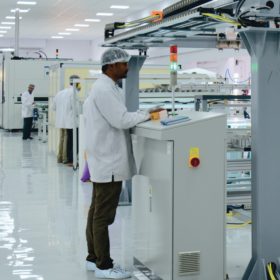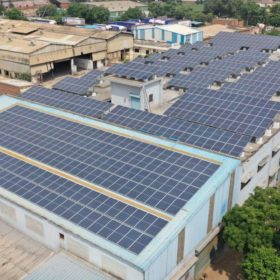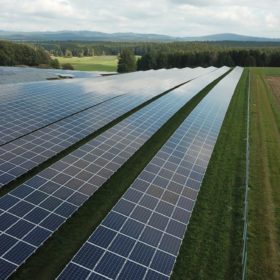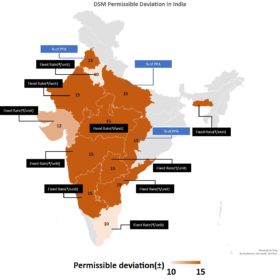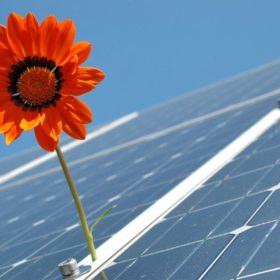India still nowhere near energy sufficiency
The government is trying to harness renewables to increase domestic output but will need a more liberal energy market and to consider the structure of procurement auctions, cloying red tape and the financial travails of state utilities if it is to achieve its goals, says Rakshika Kaul of Amp Energy India.
India aims to become a hub for cutting-edge solar manufacturing
With a huge market and relevant manufacturing advantages, the country aspires to become a giga-scale manufacturing destination for the breakthrough PV technologies across the value chain.
India’s solar future: Domestic first, international second
The International Solar Alliance signals India’s hope to be a global competitor in emerging technologies and cement its place as an institution builder. But how does India’s vision translate into domestic policy? Has India led by example?
Financing in rooftop solar
There is a need to innovate and pay attention to micro, small and medium enterprises (MSMEs), SMEs, and residential society consumers to activate the next leg of growth in the rooftop solar market.
Impact of strained India-China relationship on the solar sector
India’s entire solar industry is dependent on Chinese imports to function. Hence, there is a comprehensive need to relook at the current policies and focus on building wafers and ingots capacity that will be used to manufacture the cells and eventually, modules.
One Nation, One Sun, One DSM
The government needs to rationalize and ensure uniformity of Deviation Settlement Mechanism (DSM) regulations across the country for the seamless integration of renewable energy.
Hybrid and RTC projects to boost India’s RE and energy storage market
The global hybrid energy market, including energy storage, is projected to touch $40 billion by 2025. It is an opportunity that India has capitalized upon, earlier than others.
Energy and Economy: Rewriting the Indian story for the World
India is running the world’s largest renewable energy expansion program with a mind-boggling target of 450 GW by 2030. Can the country with a growing energy demand do more than this? Can it do what developed countries should have done years ago?
Bringing back India’s solar sector to the front foot in 2021
The ‘175 GW by 2022’ renewable energy target seems unachievable, necessitating the benchmark be moved to ‘450 GW by 2030’ instead. But even that will require the sector to move back to the front foot from 2021.
The EV story in post-Covid India
The near-term outlook for electric vehicles (EVs) remains bleak owing to supply and demand headwinds coupled with the expectation of sluggish investment to scale up the support ecosystem.


